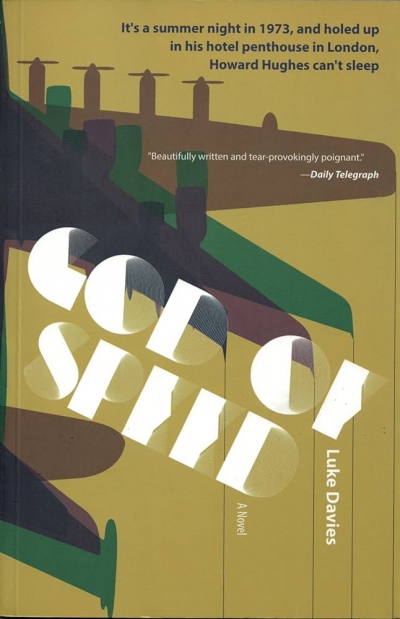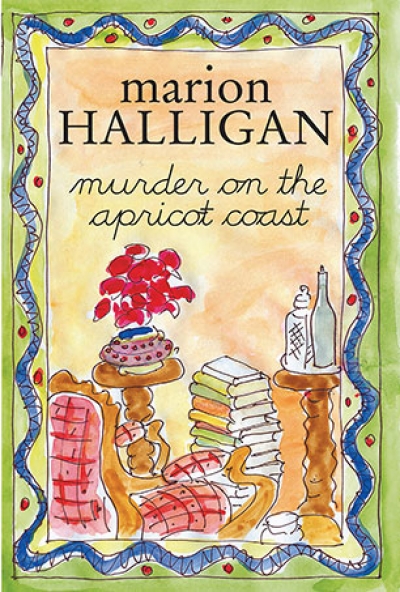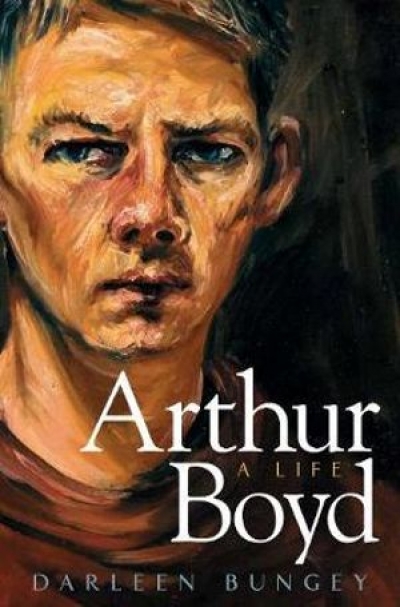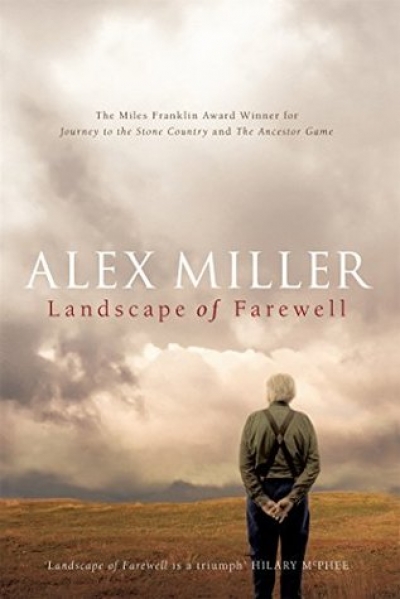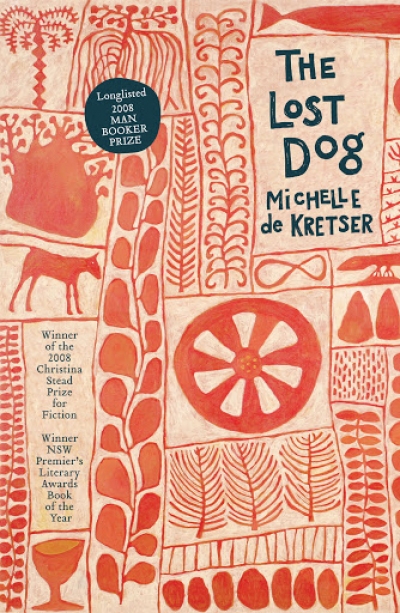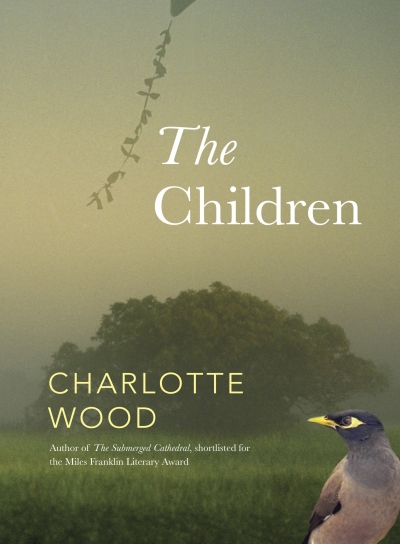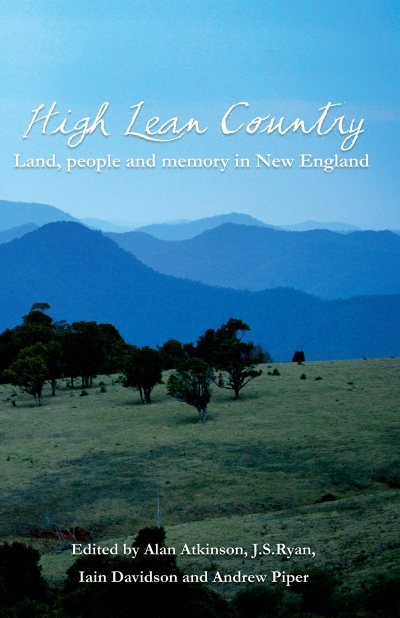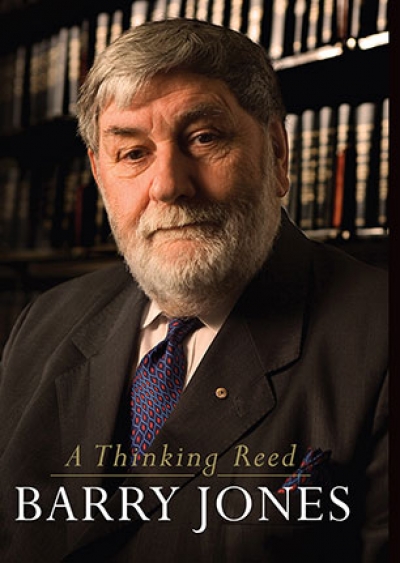Under the umbrella of the State Library of New South Wales, the Mitchell Library in Sydney is one of Australia’s great cultural and collecting institutions. Opened to researchers in March 1910, the Mitchell Library was founded on the ‘peerless collection’ of books, manuscripts, maps, and pictures relating to Australia and the Pacific bequeathed to the then Public Library of New South Wales by the reclusive and wealthy Sydney book collector David Scott Mitchell (1835–1907). The bequest brought with it a generous endowment of ₤70,000 to fund additions to the collection. Since then, a veritable Everest of Australian research and scholarship has been built on the foundation of the Mitchell collection – the materials that Mitchell himself had acquired and those added subsequently by several dedicated and ambitious generations of library custodians. In the ninety-eight years since the Mitchell Library opened its doors to the public, Mitchell’s original collection of 40,000 volumes – amazingly rich in its day – now stands at 590,000. Great acquisitions, many of them formidably expensive, continue to be made and to be hailed in both the Sydney press and in national news. It is right that a sense of local and national pride continues to be felt in the achievements of this singular Australian library.
...
(read more)

